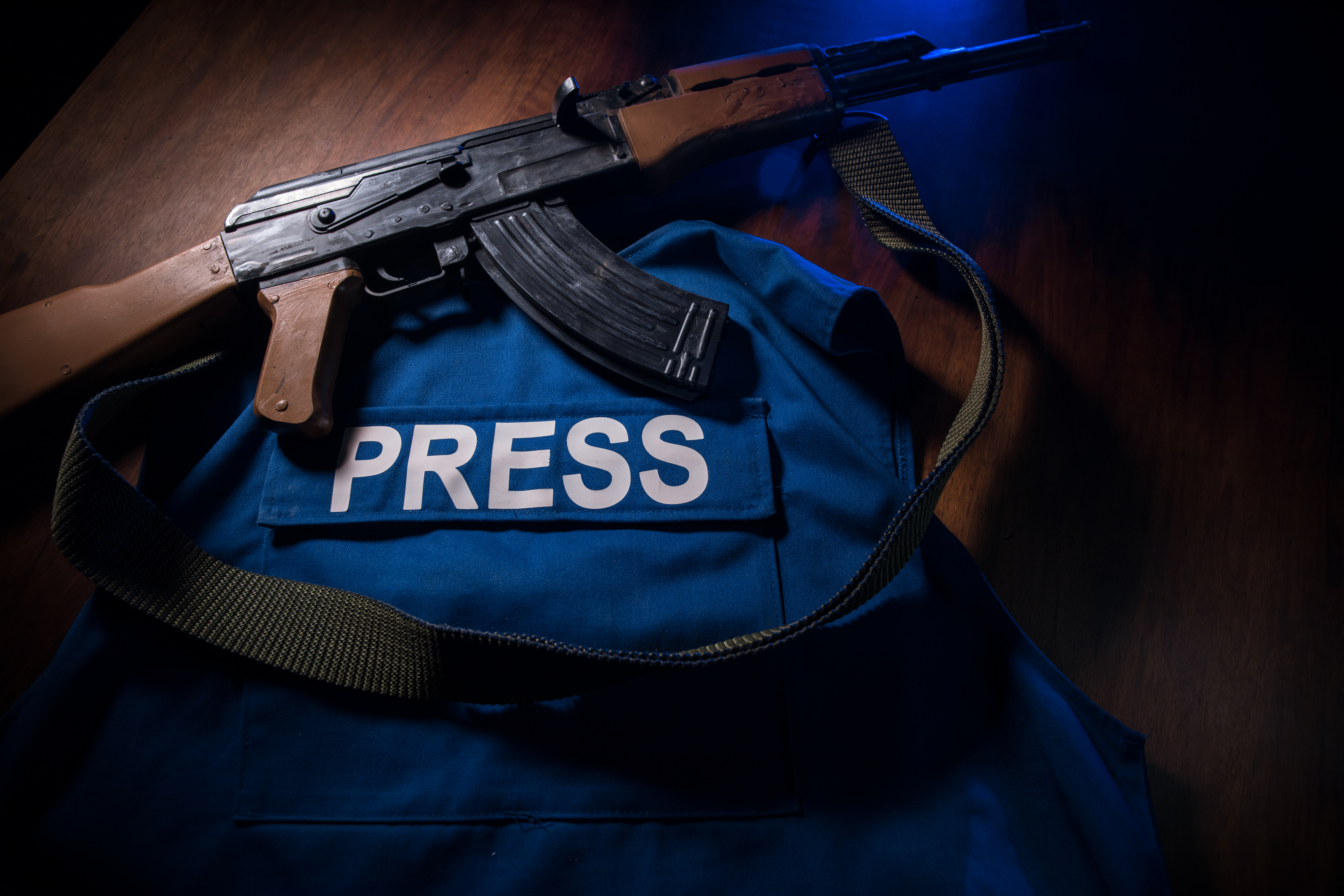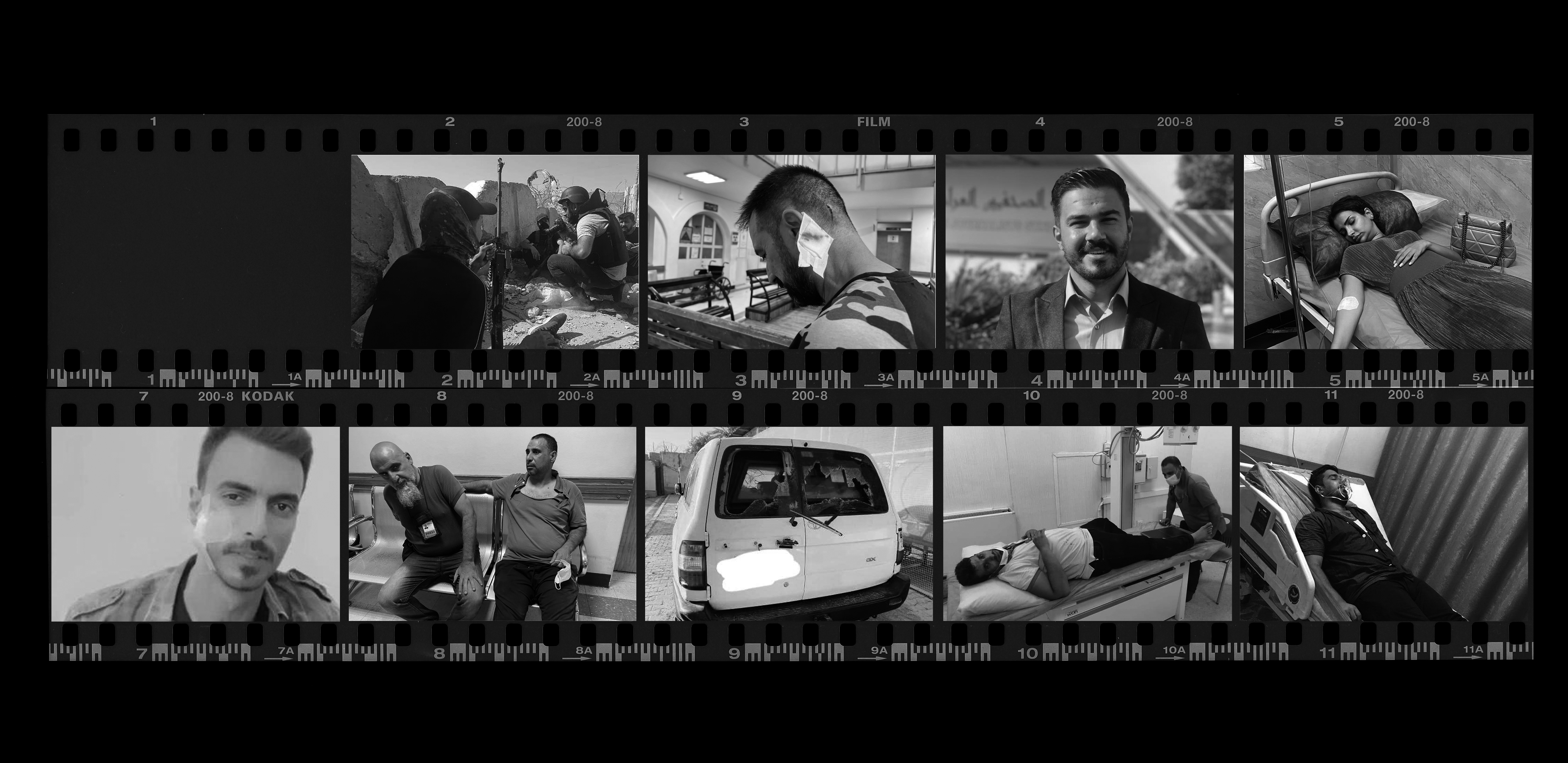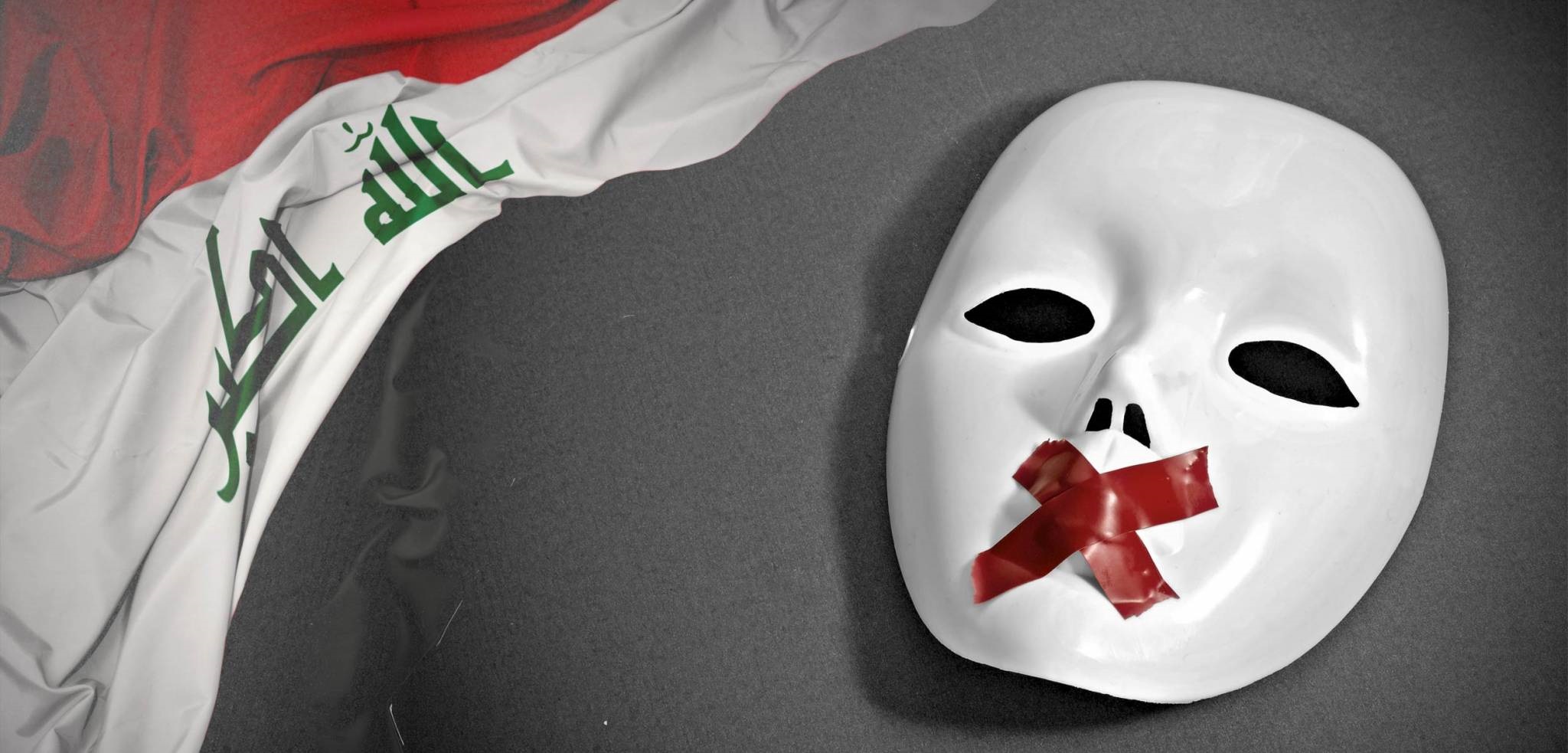The Iraqi Observatory for Human Rights (2 November 2022) said that the government of Mohammed Shiaa Al-Sudani should investigate the killings of Iraqi journalists who were killed during the past years without any accountability for the perpetrators and that his government should not follow the same approach as previous governments.
On the International Day to End Impunity for Crimes against Journalists, it is imperative that the new government reopen the investigation into crimes committed against Iraqi journalists after previous governments neglected to hold them accountable and even helped them to escape punishment.
The second of November of each year is the International Day to End Impunity for Crimes against Journalists. This day was chosen by the United Nations General Assembly, in memory of the assassination of French journalists Claude Verlon and Gisele Dupont in Mali in 2012 when they were covering for Radio France International.
Iraq has been suffering for nearly two decades from the phenomenon of impunity for the perpetrators of crimes against Iraqi journalists. 475 journalists and press workers have been killed since 2003, and the perpetrators have only been held accountable for two or three killings. This means that the index of impunity in Iraq is significantly high and places Iraq among the countries that pose the most danger to journalistic work.
Tahseen Taha, an Iraqi journalist working for Al-Araby channel, said during a testimony to the Iraqi Observatory for Human Rights that "the presence of a political umbrella and a cover for those involved in crimes against journalists is an obstacle to achieving justice against the perpetrators of these crimes, in addition to the impossibility of arresting them".
Taha added, "The impunity has helped to widen the scope of the crimes committed against journalists, and the Iraqi authorities are subjected to political pressures that contribute to impunity for the perpetrators. There can be no democracy in Iraq without real empowerment of the fourth authority, and without conveying the facts to the public, Therefore, it is necessary to provide legal protection for journalists to stand up to the crimes committed against them".
According to the United Nations Educational, Scientific and Cultural Organization (UNESCO), more than 950 journalists have been killed in the world since 2012, and nine of every ten crimes have escaped. The Iraqi Observatory for Human Rights said that Iraq is among the countries that lead in the process of impunity for crimes committed against journalists.
Journalist Nour Ibrahim, who works for (Al-Bainah Al-Janoubia) channel, said during a testimony to the Iraqi Observatory for Human Rights that "many journalists lost their lives as a result of writing about stories related to corruption or human rights violations when some parties tried to silence them through threats or assassination. The government must support the journalist to carry out his work and be away from the bullets of treachery".
Nour added that "many crimes were recorded against unidentified parties, so we demand the disclosure of these crimes and their perpetrators, to serve as an example to those trying to stand up to journalistic work and the assassination of journalists".
The Iraqi Human Observatory has been seeking for years with local and international partners to work to end impunity for crimes committed against journalists, but the previous Iraqi governments did not respond or seek to help in this. Therefore, we demand the new government headed by Muhammad Shiaa al-Sudani to stop this impunity that increases the violations and crimes committed against journalists.
Journalist Thulfikhar Al-Khafaji, who works for Al-Ahad satellite channel in Babil Governorate, said: “I was subjected to an assassination attempt on September 5, 2022. An armed group shot me when I reached my house. The shooting was from a distance of approximately 50 meters, but I survived. I was subjected to a host of threats before this attempt. I filed a lawsuit, but unfortunately, there is no action, and they asked me to provide the names of those who tried to assassinate me, which is very difficult, so how can I know them".
Thulfikhar added that "the criminals who carry out these operations belong to organized dark parties that target and kill in an organized manner, and these parties are the same that provide them with protection from the law".
He continued, "Five days before the assassination attempt, security authorities informed me of threatening operations and danger to me, and this is the third assassination attempt, the first was in 2015 and the second was in 2019".
Journalist Ali Abdel Karim, who works for (Fallujah) channel, said during a testimony to the Iraqi Observatory for Human Rights: "We need a serious security pause by the institutions concerned with journalists' rights. Many of those who violated press freedom in Iraq have not been held accountable, and this is evidence of the state's lack of interest. The new government should pay more attention to journalists and preserve their lives".
On the International Day to End Impunity for Crimes against Journalists, the Iraqi Observatory for Human Rights said that journalists in Iraq face many risks, most of which amount to crimes against an "unknown person". Previous Iraqi governments facilitated impunity and rewarded perpetrators for crimes against journalists.
Journalist Ibrahim al-Mahmoud, who works for iNews, said, "When a journalist goes on a journalistic assignment, he is exposed to threats from clans or from parties that may be harmed by exposing corruption files, and this is what happened throughout Iraq. What did the Iraqi judiciary and security forces provide to the perpetrators?"
He added, "The investigative committees that were formed did not produce results. There must be a law that protects journalists from killing and threats. The Iraqi governments want journalists to report only the government's achievements, but when any journalist is at risk, the government neither helps nor protects him".
The tactics of previous Iraqi governments contributed to creating a safe environment for perpetrators who committed crimes against Iraqi journalists. The indulgence, leniency, and cover-up for political and personal reasons against some of the perpetrators gave the perpetrators of these crimes the opportunity not to be held accountable for what they committed.
Journalist Youssef Salman, who works for (NINA) news agency, said during a testimony by the Iraqi Observatory for Human Rights that "the role played by the Iraqi journalist in fact-finding about corruption files is great and dangerous at the same time. There are organized targeting operations that occurred against journalists who work to expose corruption files." "Journalists' murders are in the daily news. Governments must be serious about not allowing the perpetrators to go unpunished".
Muhammad Firas, a journalist working for Al-Tagheer channel, said, “The journalist is the fourth authority in any country, even if the state does not recognize this authority. The increase in crimes against journalists and the leniency in prosecuting perpetrators are in the interest of parties and forces that do not want the journalist to gain strength. Parties do not accept journalists from being empowered, so silence on crimes committed against journalists weakens the press and strengthens the perpetrators. Political actors should stand by the journalist, and the politician or government official who is not involved in corruption and murder is not afraid of the press.
The Iraqi Observatory for Human Rights said that the government of Muhammad Shiaa al-Sudani is facing an opportunity to fulfill its obligations regarding the protection of human rights, and it must fulfill every promise it made, as well as end the state of impunity for crimes committed against Iraqi journalists, as it is its responsibility to provide them with protection. There is an opportunity to hold the perpetrators of crimes accountable.



